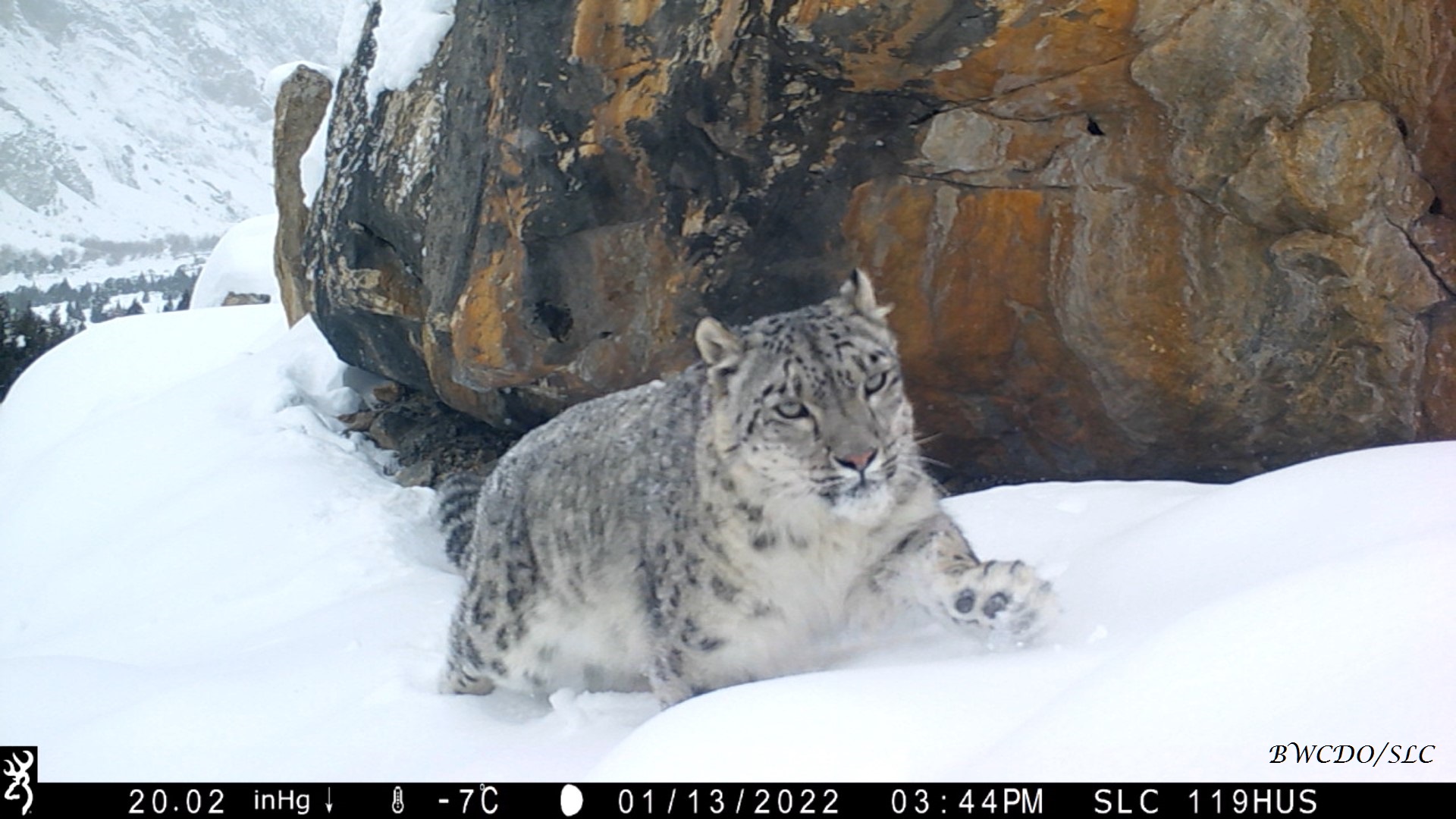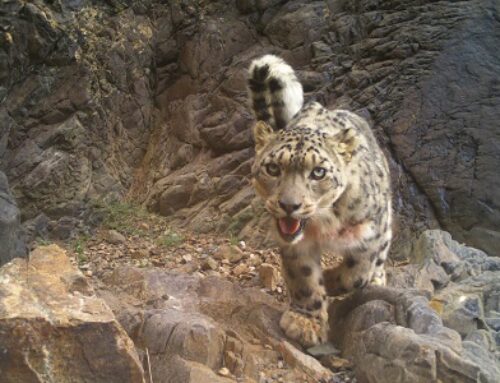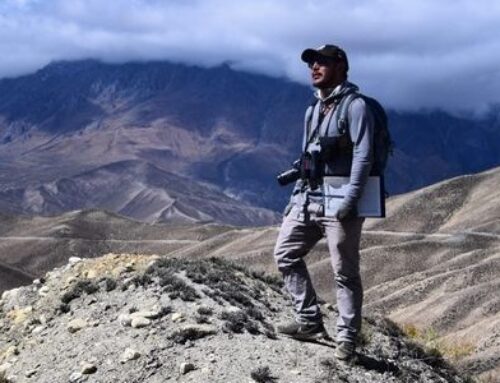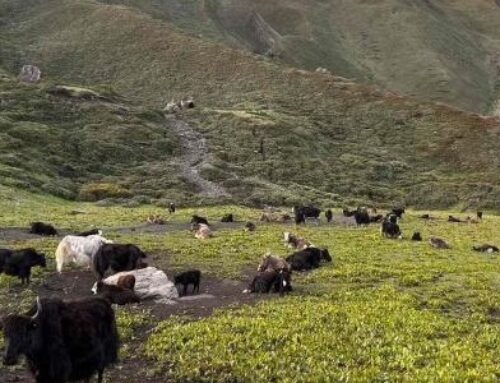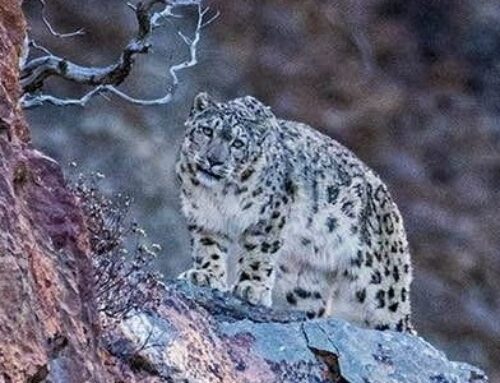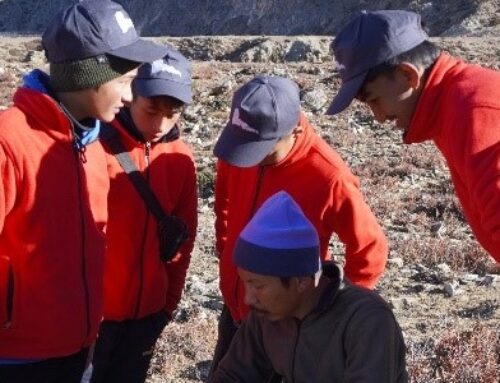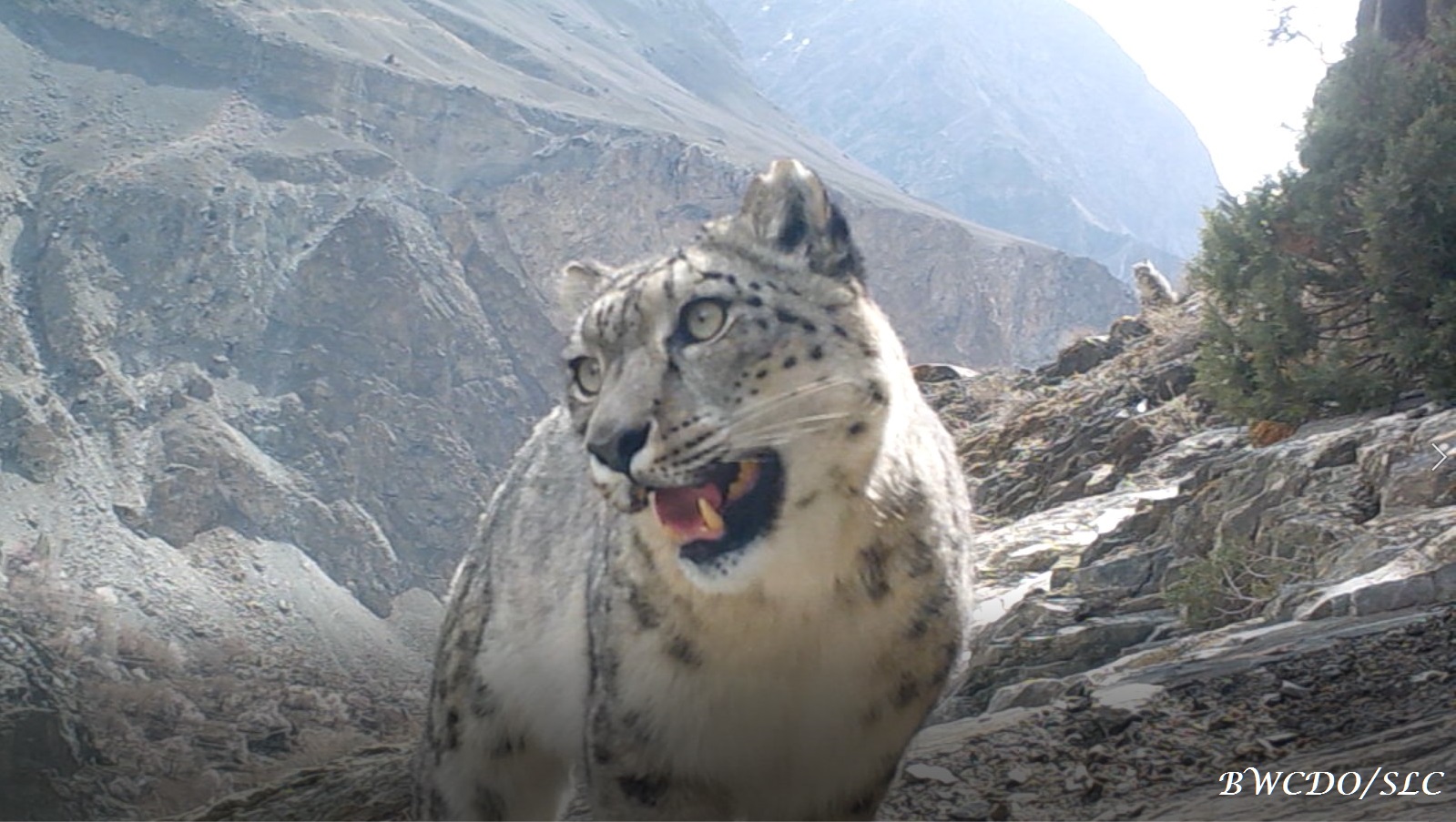
In the remote mountain region of Baltistan, Pakistan, the Baltistan Wildlife Conservation and Development Organization (BWCDO) is working with local communities of the Basha and Hushe Valleys to develop positive attitudes toward wildlife in order to conserve the rich faunal and floral diversity of that region.


BWCDOs conservation education program targeted 12 schools in 2022. Three-day sessions were conducted at each of the schools, focusing on the environment, local wildlife conservation, and climate change and its effect on people, wildlife, and the landscape. The aim of the workshops was to familiarize the students with these issues through art, play, and creativity.
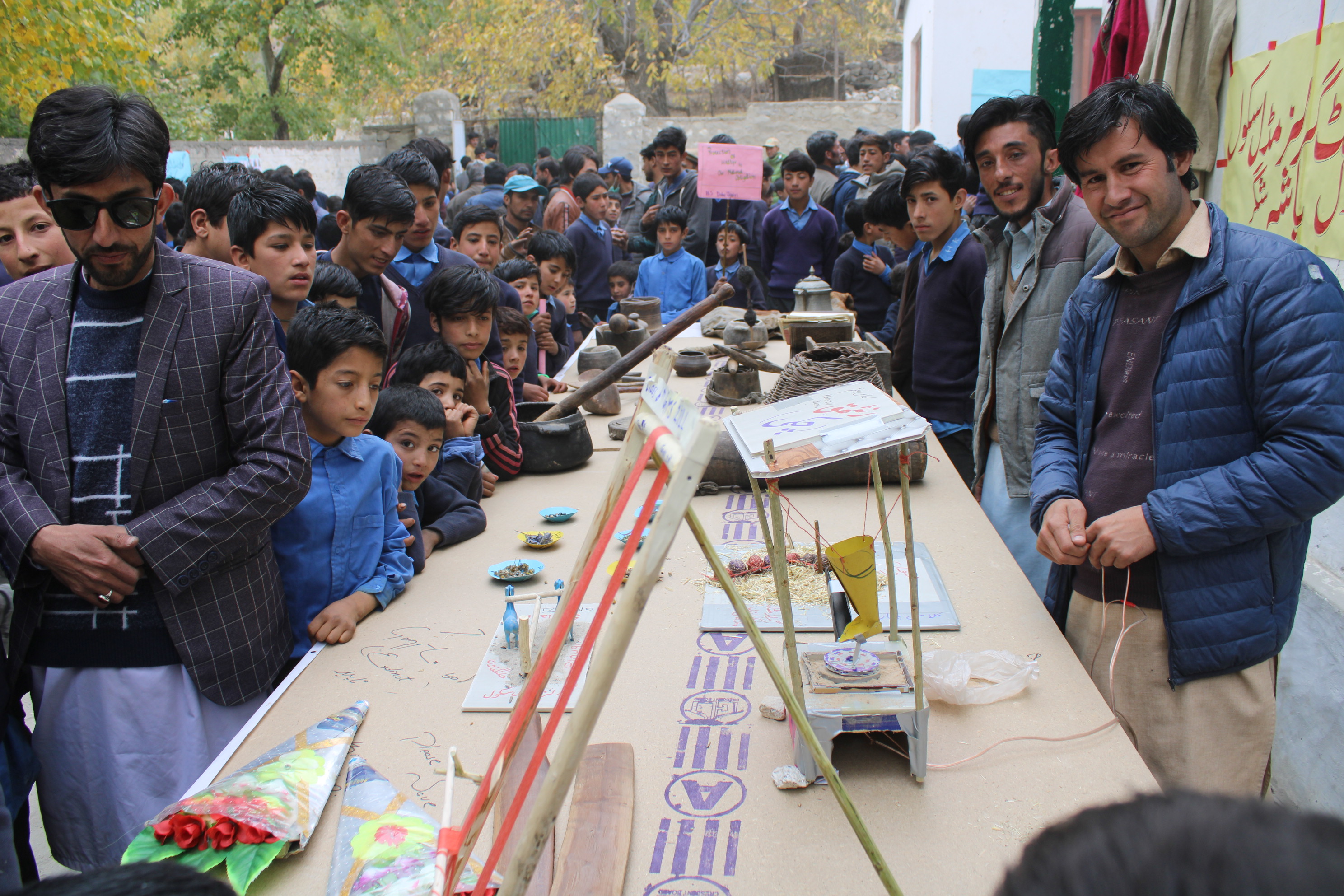
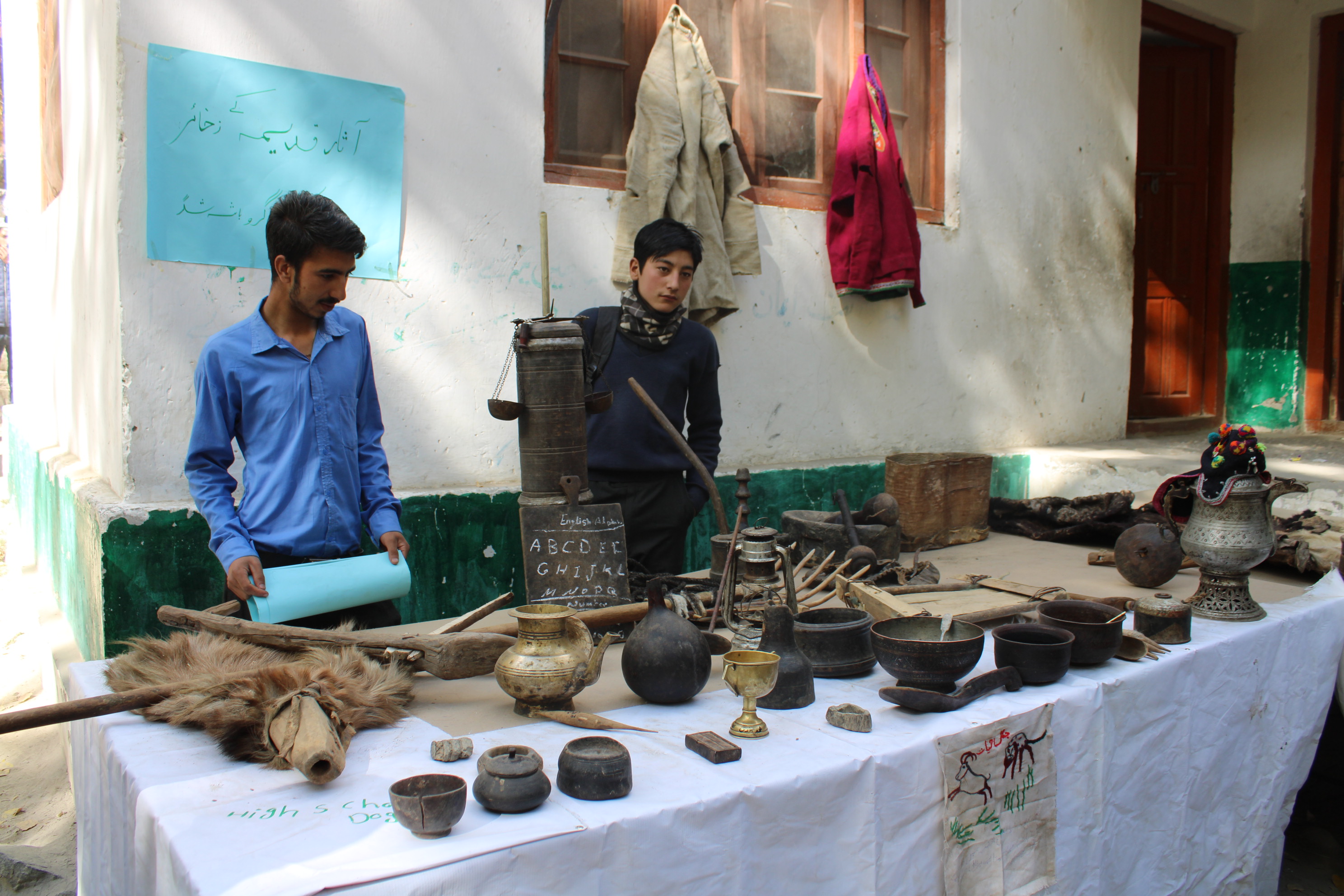
Complimenting the education programs in area schools, Snow Leopard Day celebrations were held. The festivities were designed to not only raise awareness of the ecological significance of the snow leopard, but also call attention to wildlife conservation in general and consolidate the efforts of environmental organizations working within the snow leopard’s range.
Significantly, they emphasized the importance of implementing measures to prevent poaching, poisoning, and retaliation by herders.
Snow Leopard Day Festivities 2022 – BWCDO
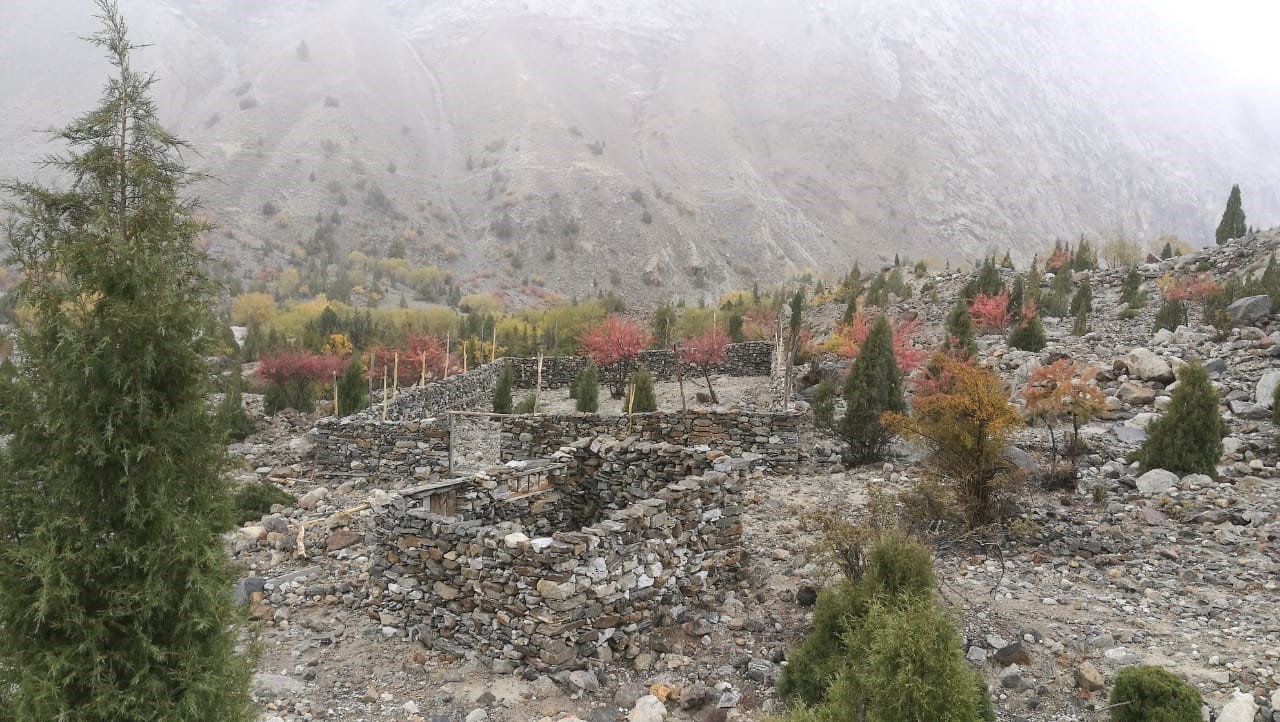
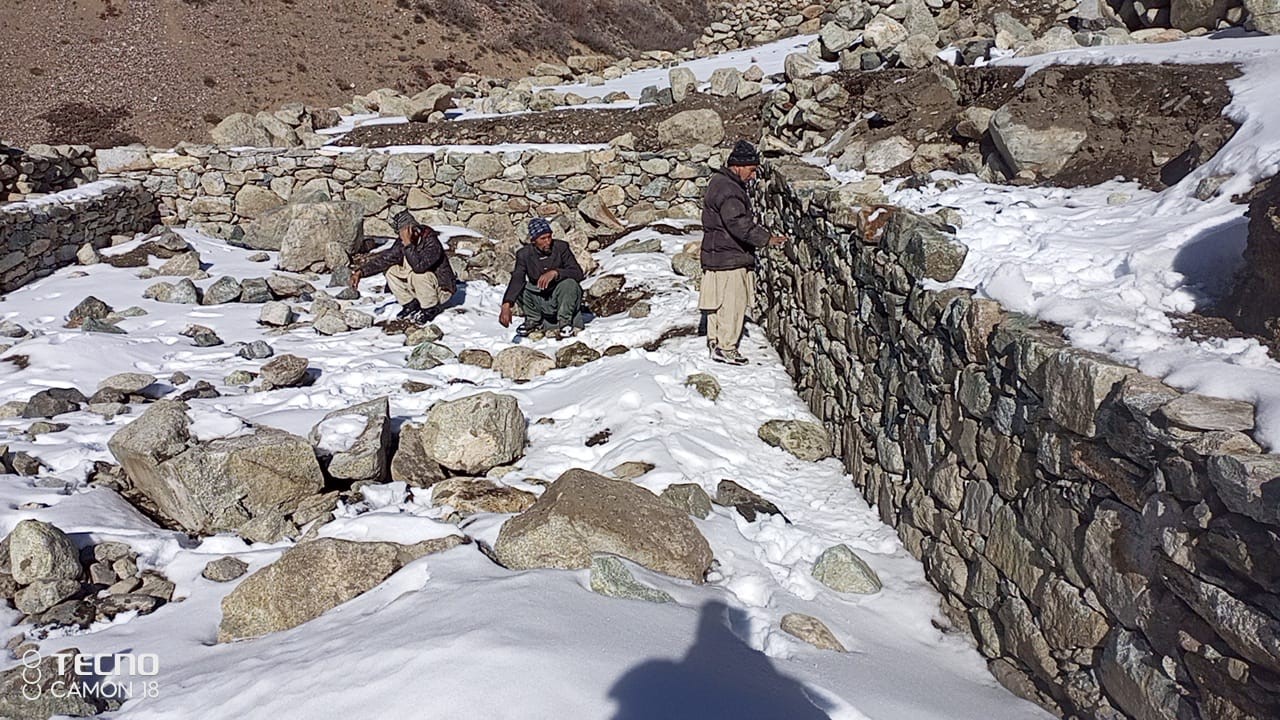
The BWCDOs mission is to ensure that snow leopards and people coexist in harmony. As such, they provide compensation to farmers who lose their livestock due to snow leopard depredation and build predator-proof corrals. In 2022, two community corrals were built in the Hushe Valley, and two additional corrals were completed, providing protection for livestock in the Thallay Valley.
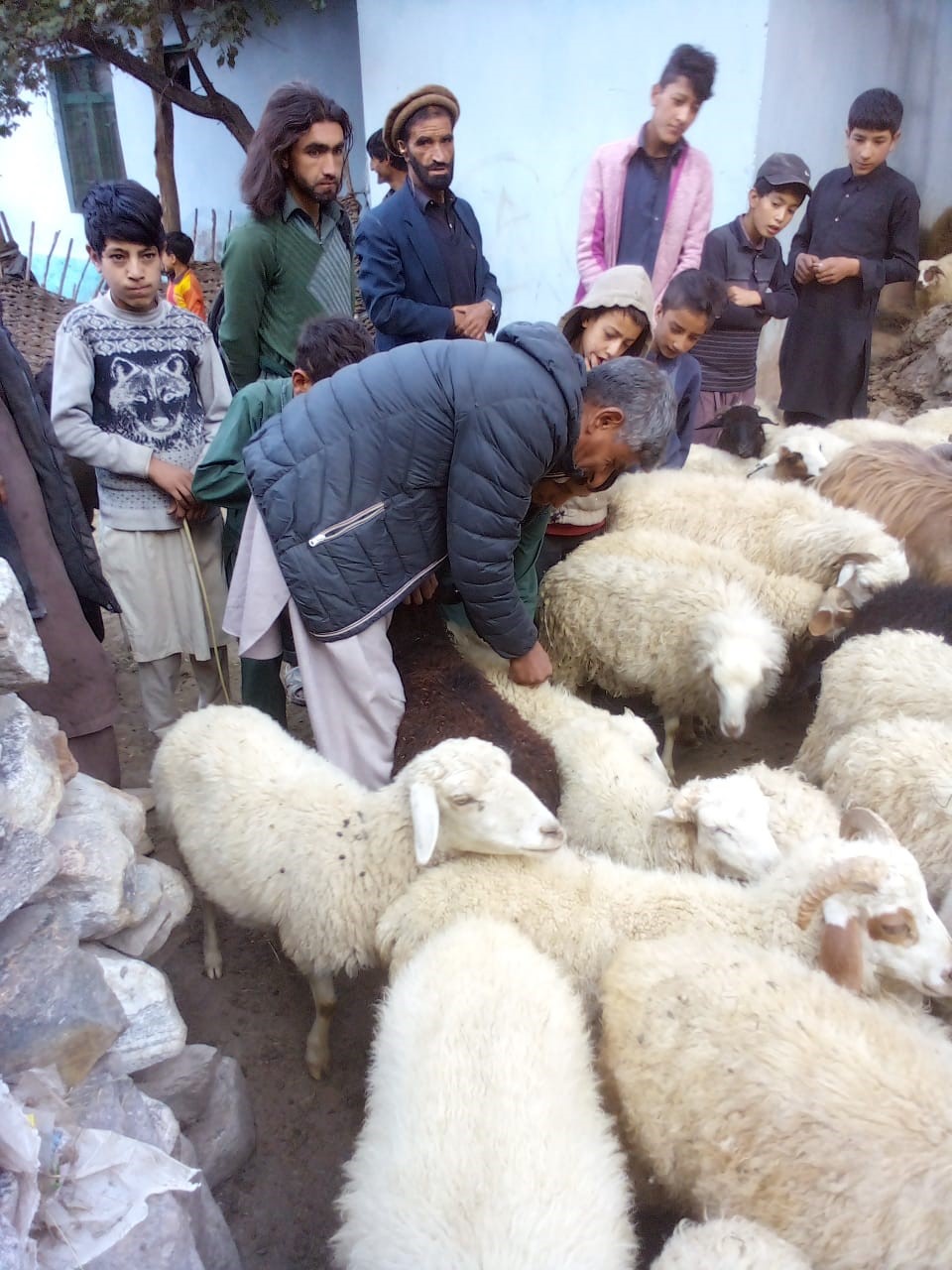

To diminish the loss of livestock due to disease and prevent transmission to humans of Clostridium bacteria, which causes tetanus, gangrene, and many food-borne illnesses like botulism, BWCDO has implemented vaccination of livestock in collaboration with the Livestock and Dairy Development Department, Shigar. Community members working together with Animal Husbandry Department staff ensured that livestock were successfully vaccinated in the Basha and Braldu Valleys.
An added benefit of vaccination and, thus, healthier flocks and herds is the resultant diminishment of overall livestock losses, which reduces the impact of losses due to depredation by predators like snow leopards and wolves.
In 2022, a significant number of animals, including sheep, goats, and cows, were vaccinated – a total of 8,497 in Basha and 5,163 in Braldu.

The BWCDO has been successfully promoting their conservation work, showcasing the efforts of local communities through social media. Not only does this raise awareness about the presence of snow leopards in the region; it also highlights the efforts of community members, who work hard to protect wildlife and their habitats, and the daily challenges they face. An important aspect of the utilization of social media as a component of outreach is that it gives BWCDO a voice within the global conservation community.
Looking forward, the BWCDO will be working collaboratively with the Social Welfare Department, Skardu, on an initiative to protect the environment by discouraging the use of plastic bags and promoting the use of eco-friendly biodegradable bags produced by a women-run enterprise.
